Optimal Seasons for Foundation Repairs
Foundation repairs are most effective when performed during specific times of the year that minimize environmental impact and ensure optimal conditions for repair materials to cure properly. Understanding seasonal factors can help determine the ideal window for scheduling repairs.
Spring offers moderate temperatures and stable ground conditions, making it suitable for foundation repairs. It allows ample time for curing before the heat of summer or cold of winter.
Summer repairs can be challenging due to high temperatures and potential drought conditions, which may affect curing times and soil stability.
Fall provides cooler temperatures and moist soil, ideal for foundation work. Scheduling repairs in early fall can prevent winter-related issues.
Winter is generally less suitable due to freezing temperatures, frozen ground, and snow, which can hinder repair processes and material curing.
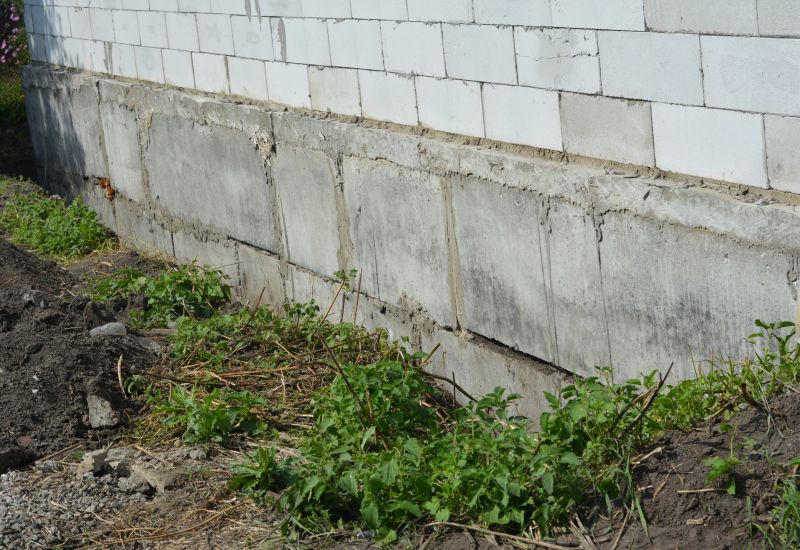
Springtime offers favorable conditions for foundation stabilization and repair projects.
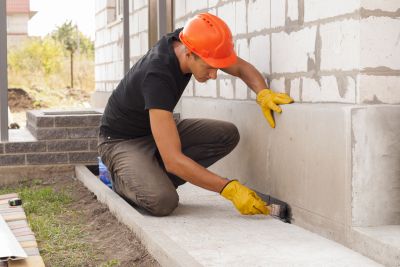
Summer repairs require careful planning to avoid heat-related issues and ensure proper curing.
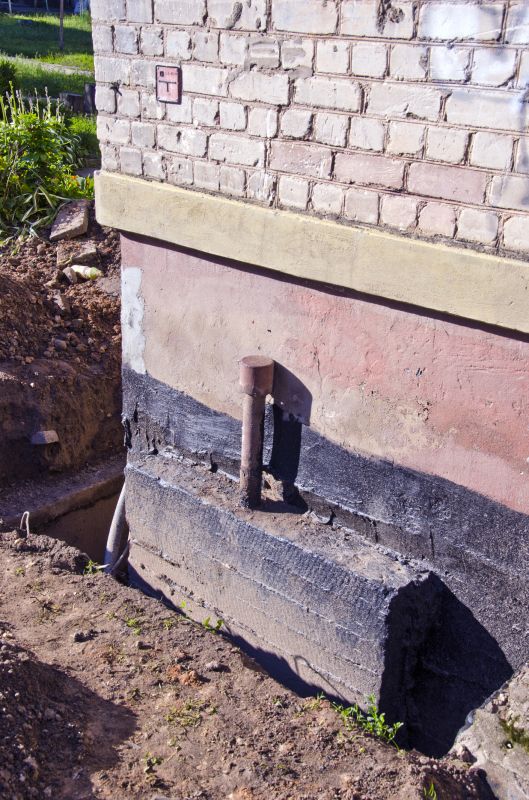
Fall is often considered the optimal season for foundation repairs due to moderate weather.
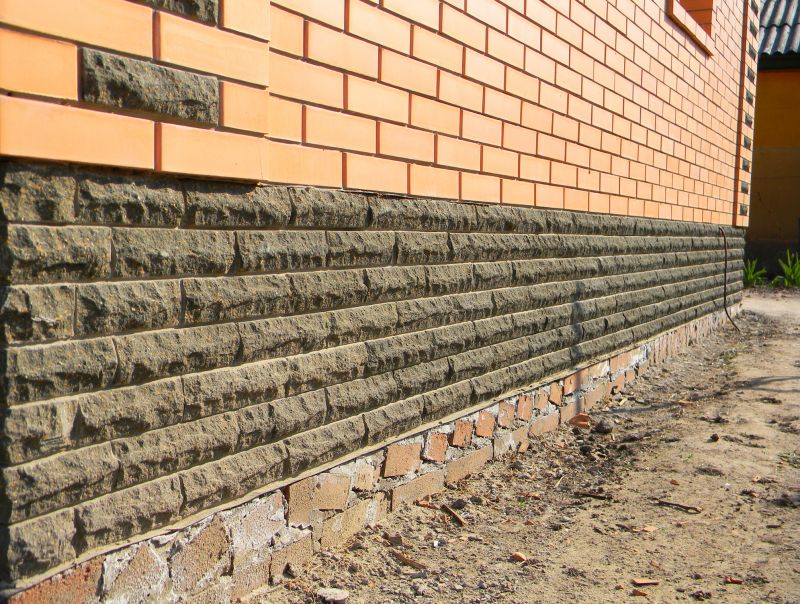
Winter conditions can delay or complicate foundation repair projects.
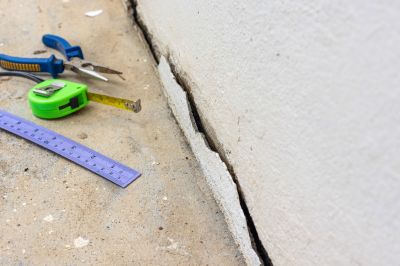
Ways to make Foundation Repairs work in tight or awkward layouts.
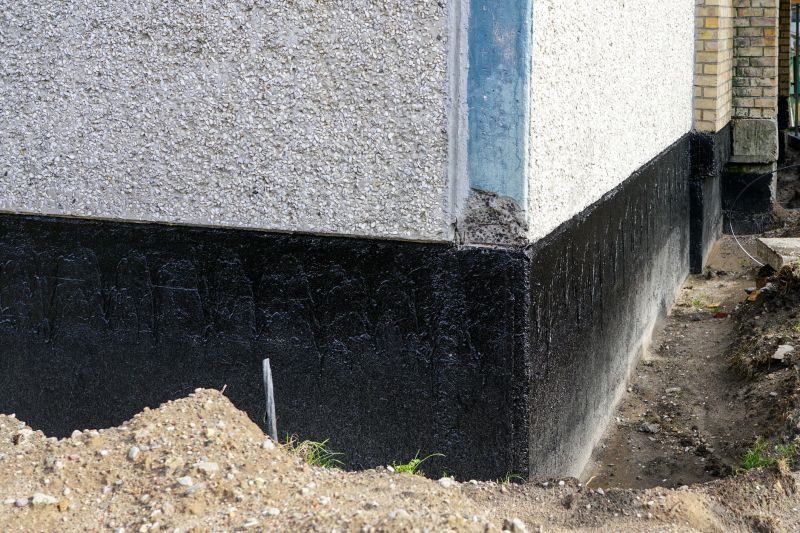
Popular materials for Foundation Repairs and why they hold up over time.
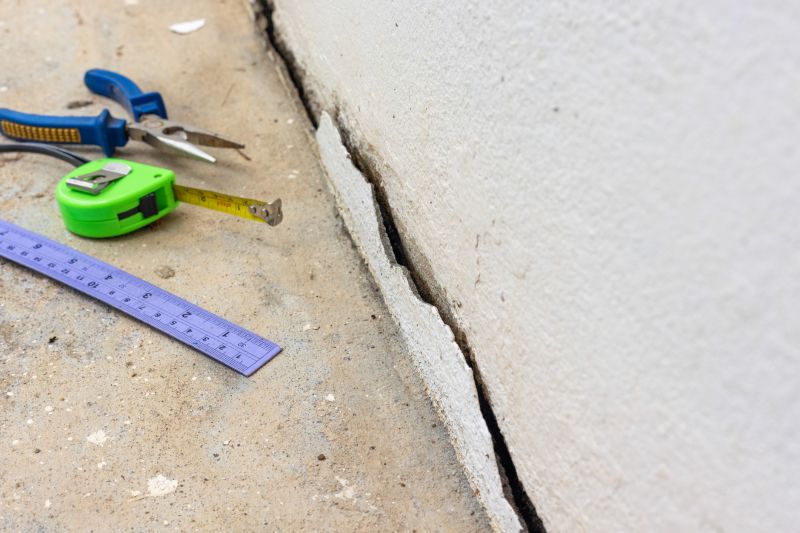
Simple add-ons that improve Foundation Repairs without blowing the budget.
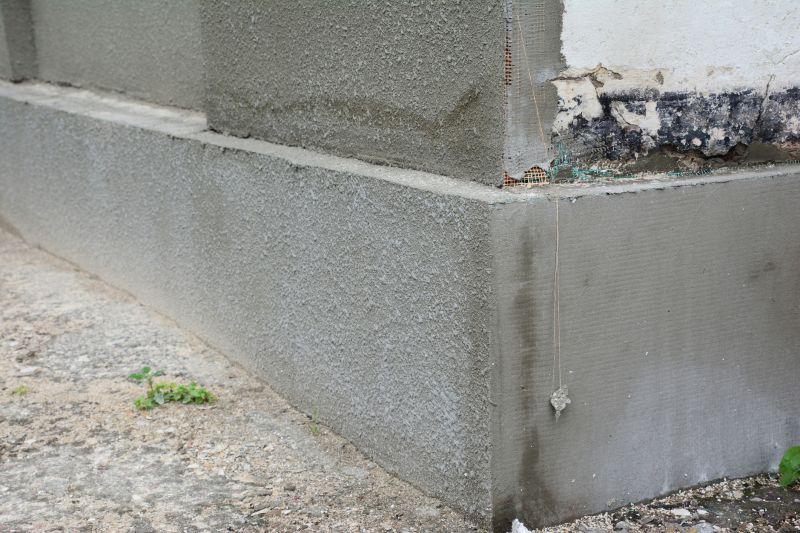
High-end options that actually feel worth it for Foundation Repairs.
| Season | Ideal for Foundation Repairs |
|---|---|
| Spring | Yes |
| Summer | Conditional |
| Fall | Yes |
| Winter | No |
Foundation repairs are critical for maintaining structural integrity and preventing further damage to a property. They involve addressing issues such as settling, cracking, and shifting caused by soil movement, moisture changes, or other environmental factors. Proper timing ensures that repairs are durable and effective, reducing the likelihood of future problems.
Statistics indicate that scheduling foundation repairs during optimal seasons can extend the lifespan of the repair work by improving material curing and soil stability. For example, repairs performed during moderate weather conditions have shown a decrease in rework rates and increased satisfaction with long-term stability.
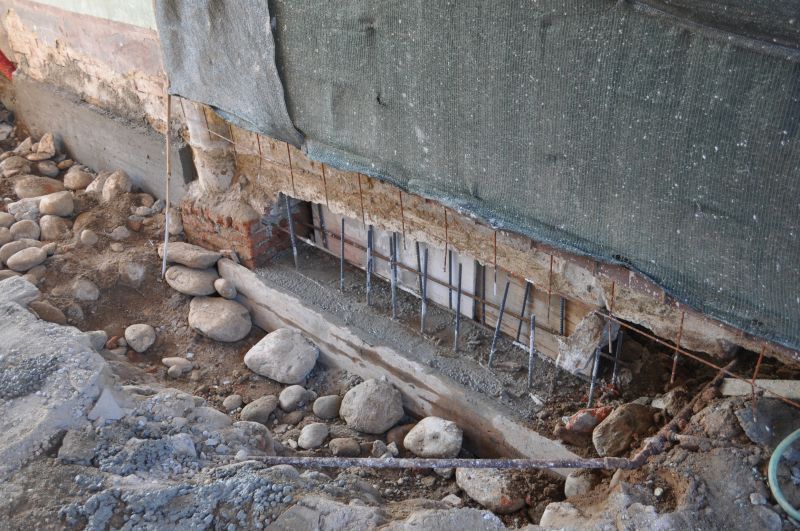
Proper timing enhances the effectiveness of underpinning and stabilization techniques.
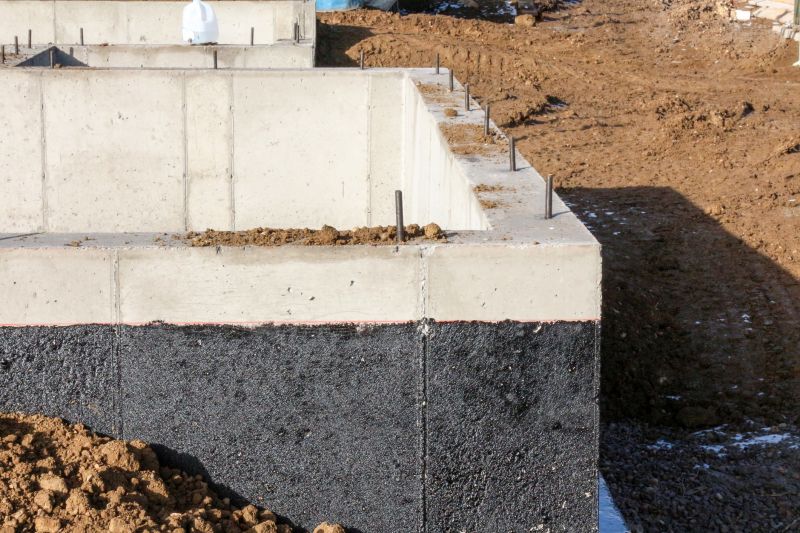
Weather conditions influence soil moisture levels, affecting repair success.
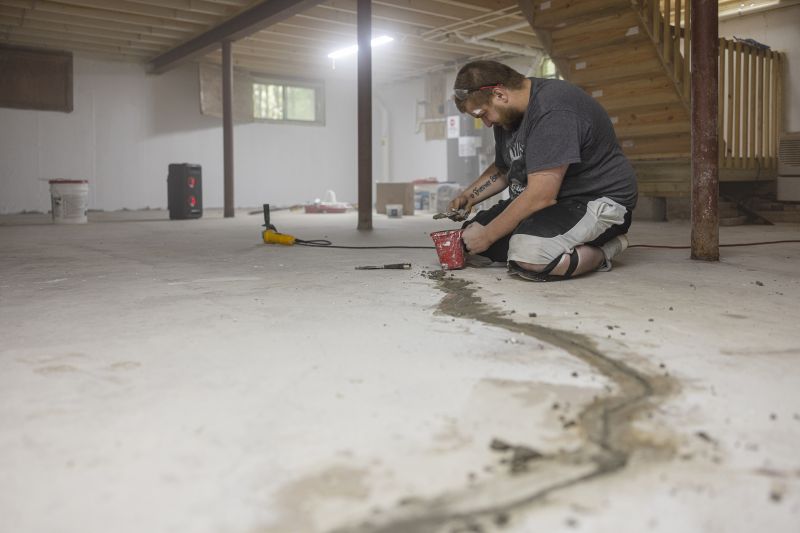
Temperature and humidity are key factors for proper curing of concrete and other materials.
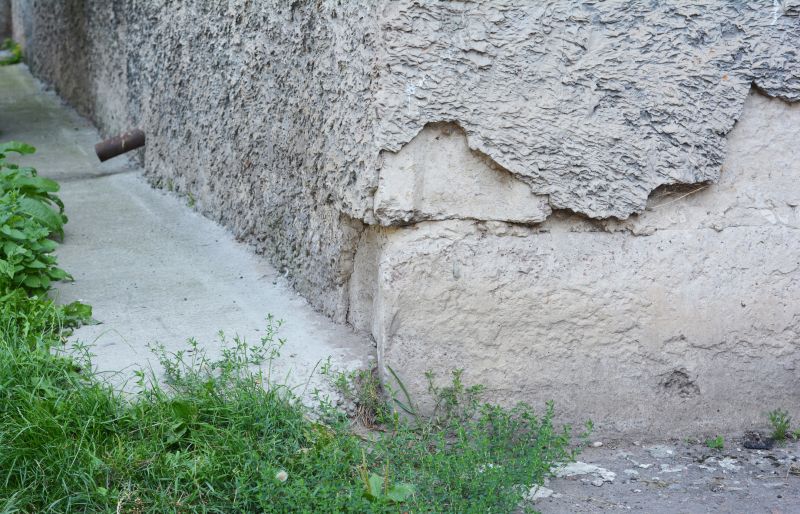
Finishes and colors that play nicely with Foundation Repairs.
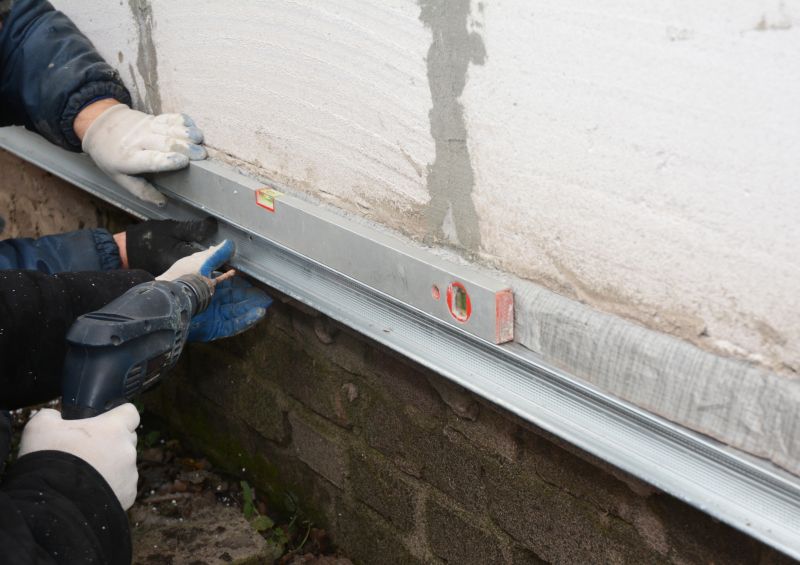
Little measurements that prevent headaches on Foundation Repairs day.
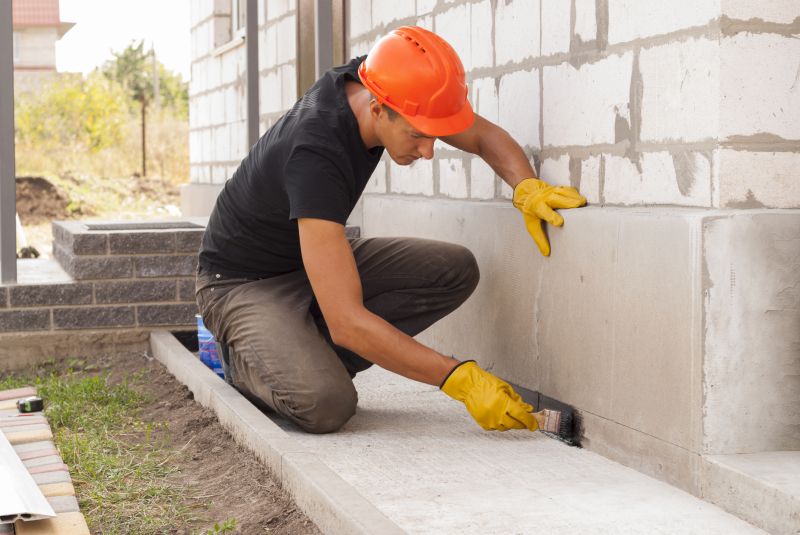
A 60-second routine that keeps Foundation Repairs looking new.
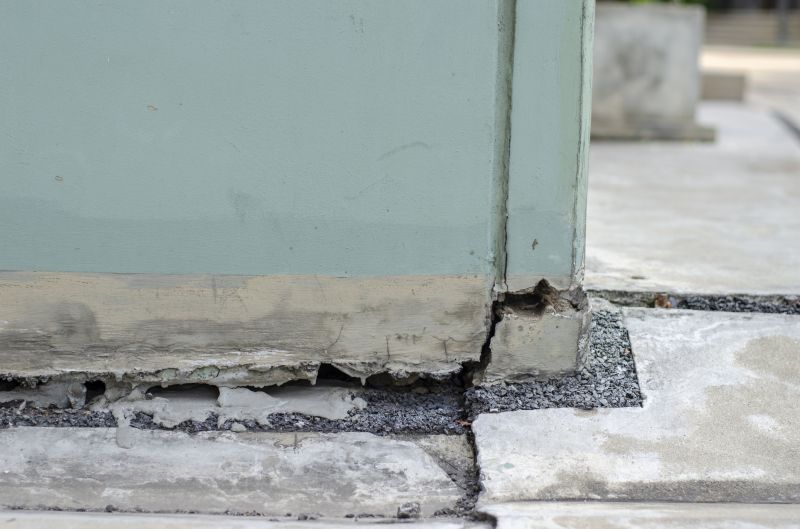
A frequent mistake in Foundation Repairs and how to dodge it.
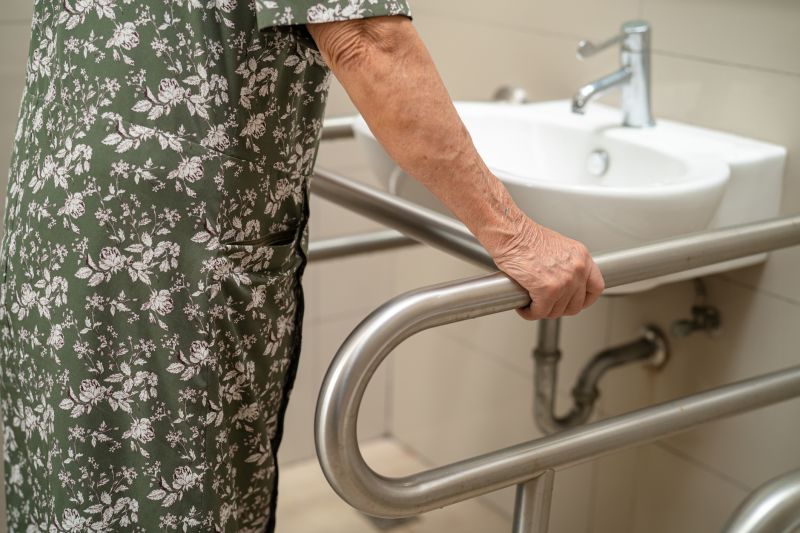
Small tweaks to make Foundation Repairs safer and easier to use.
If considering foundation repairs, it is advisable to consult with specialists to determine the most suitable timing based on specific site conditions and seasonal factors. Proper planning can lead to more durable and cost-effective repairs.

